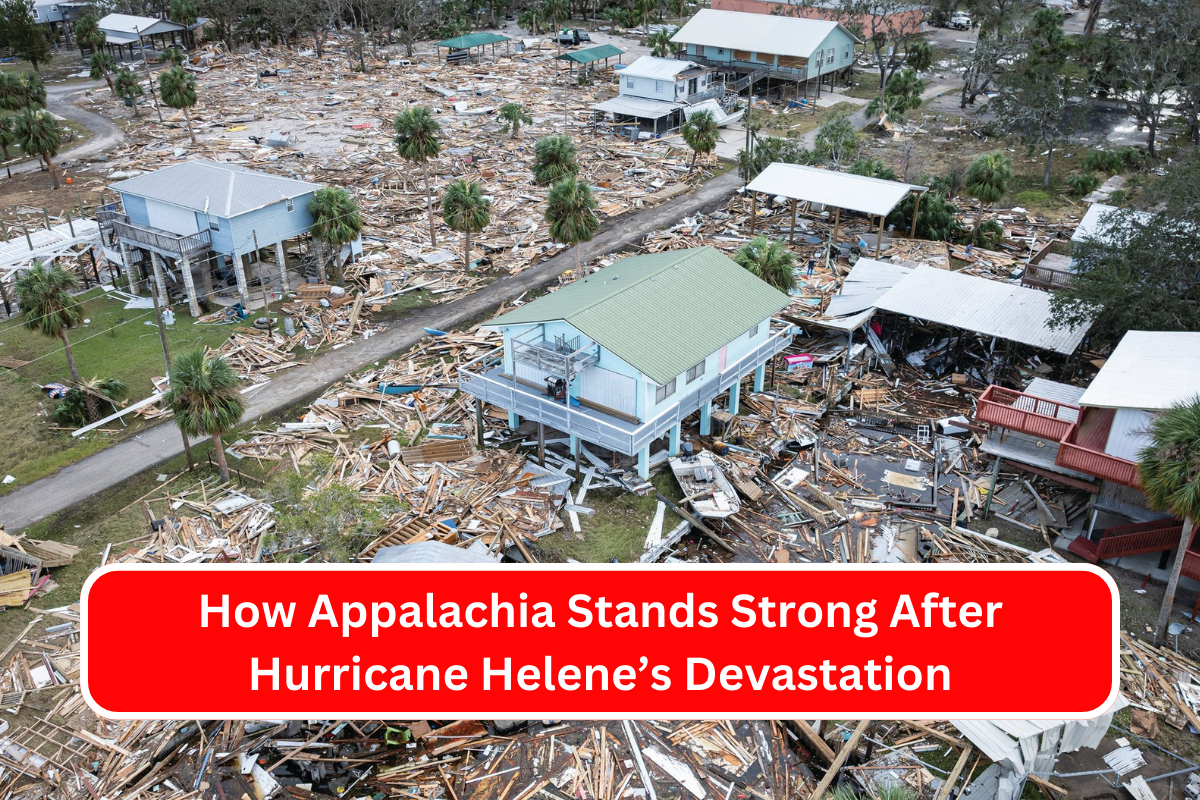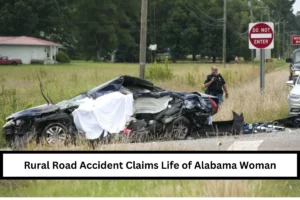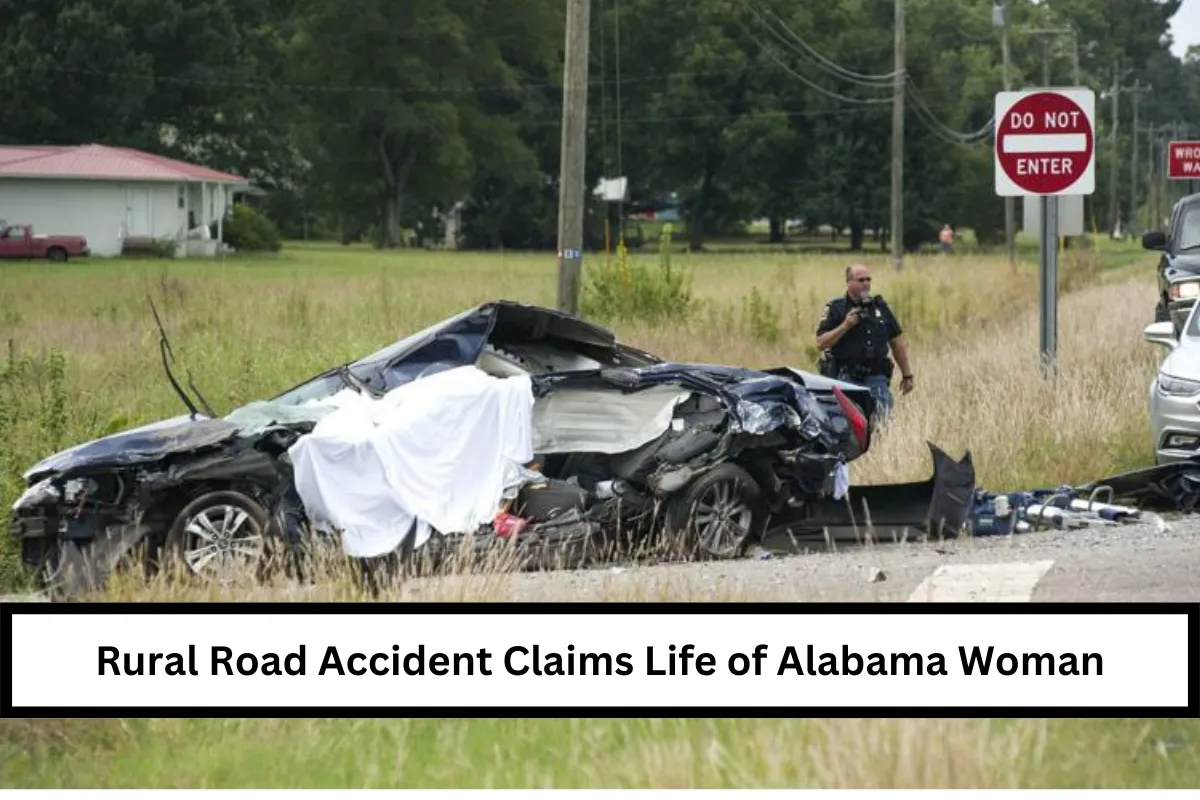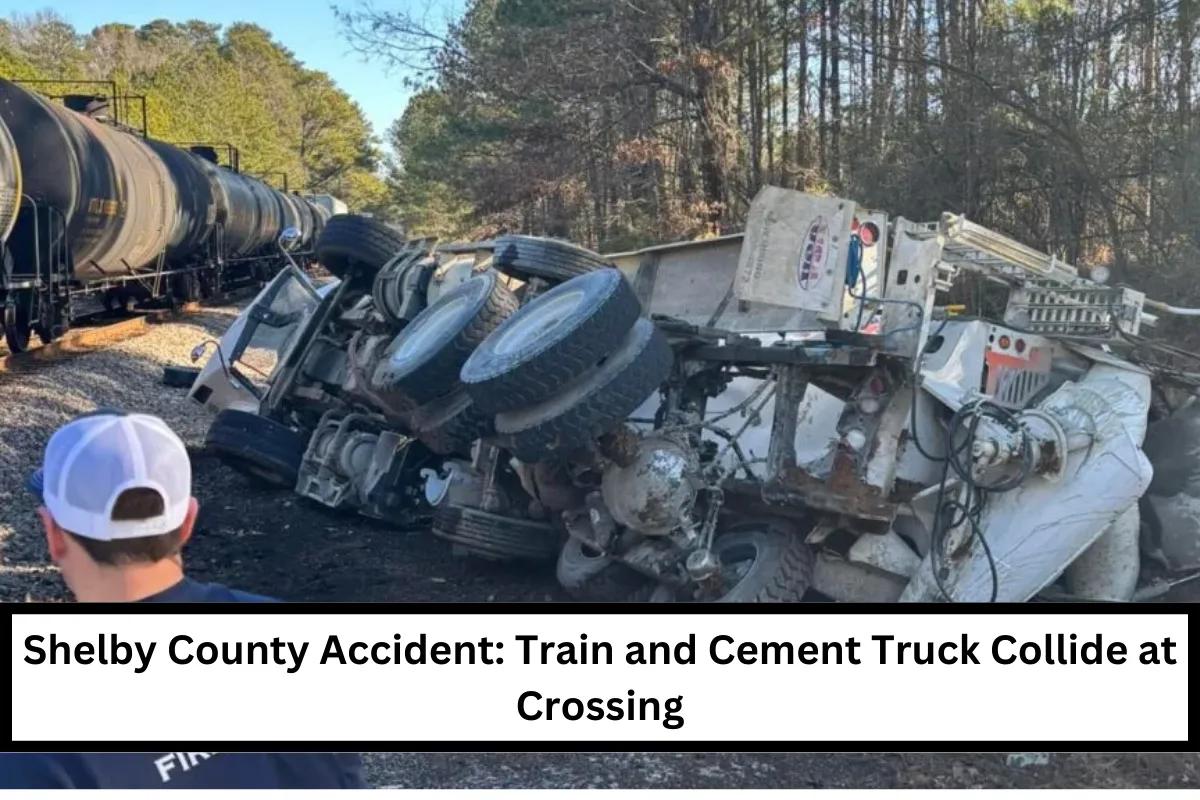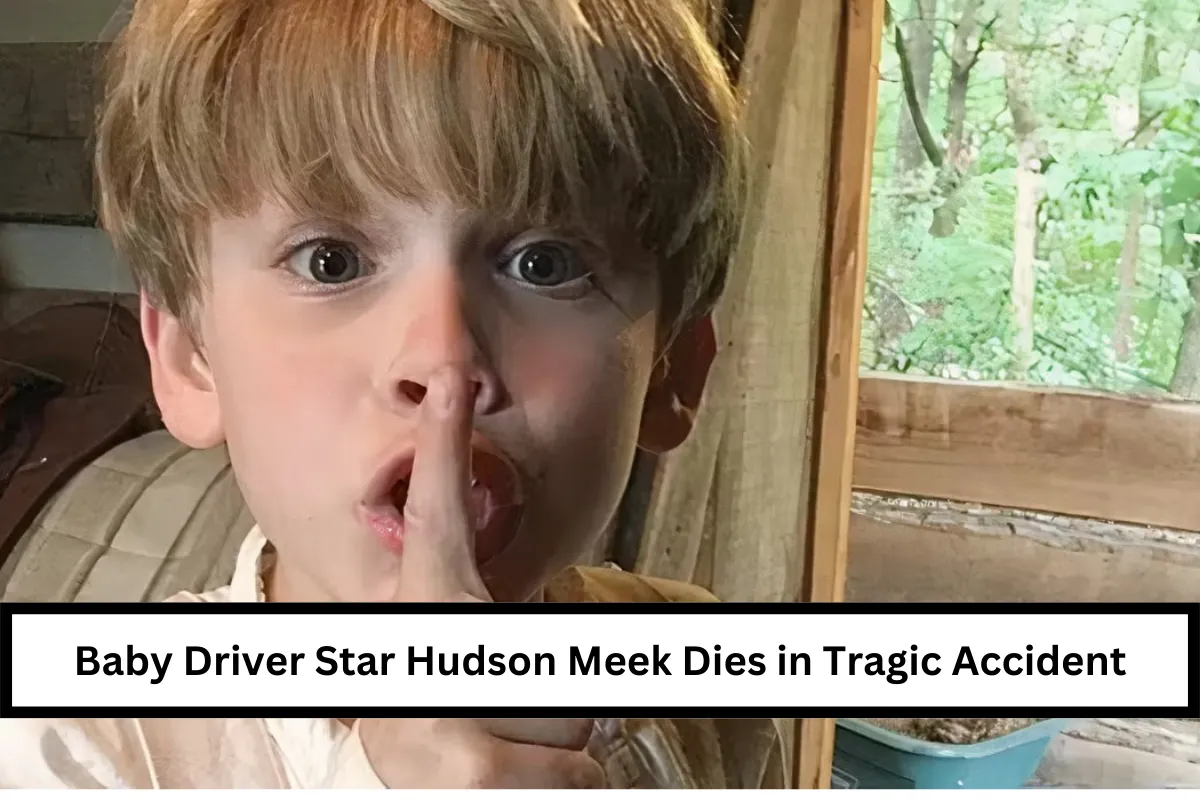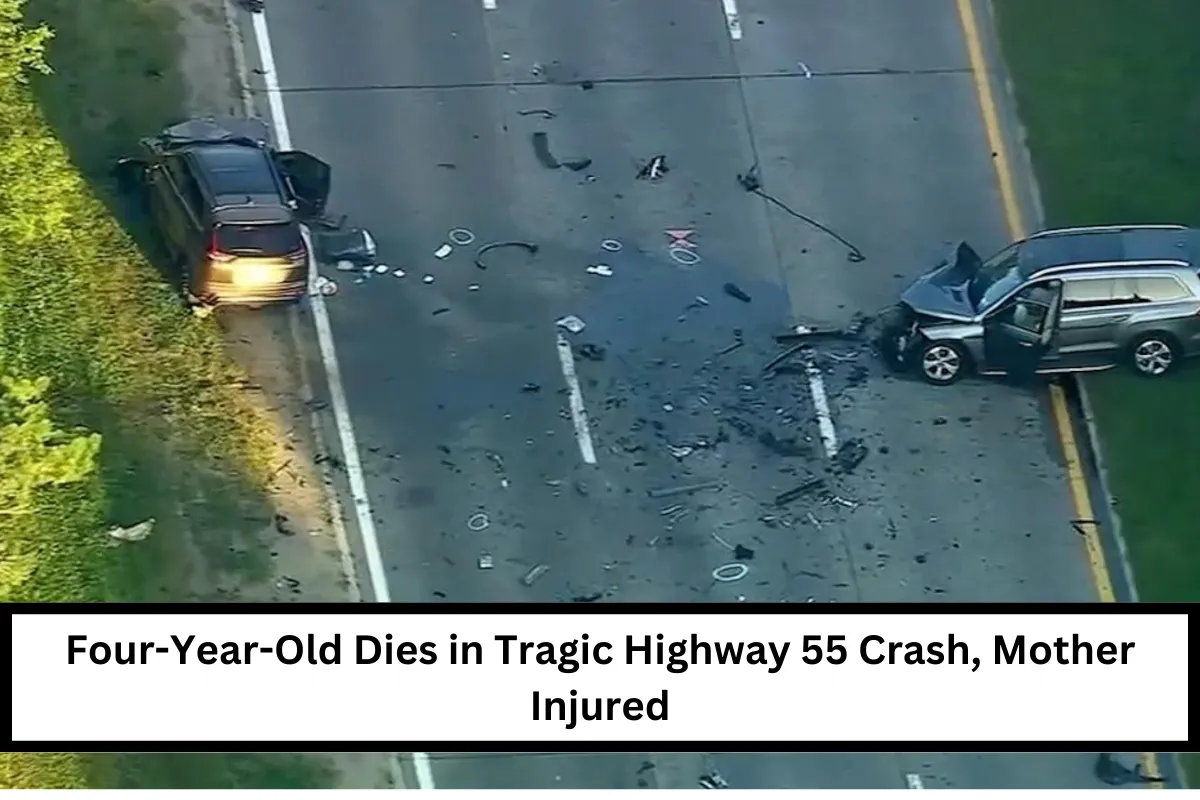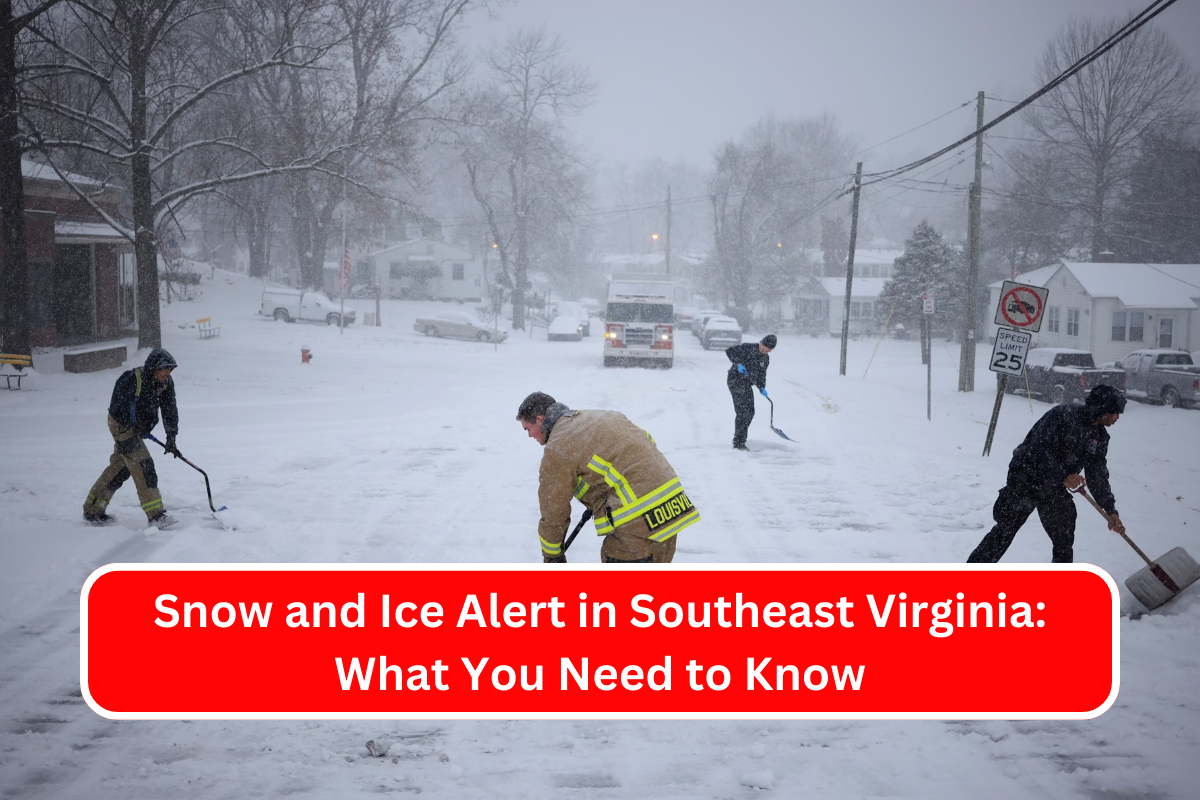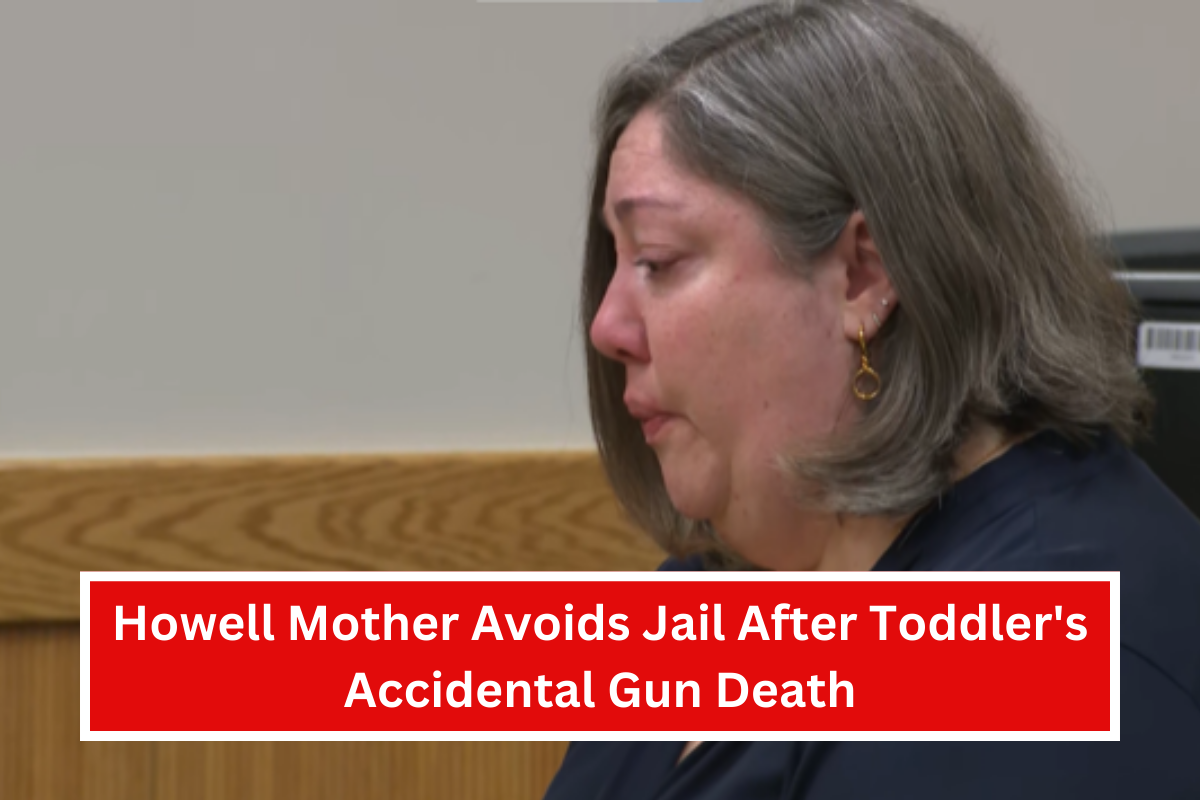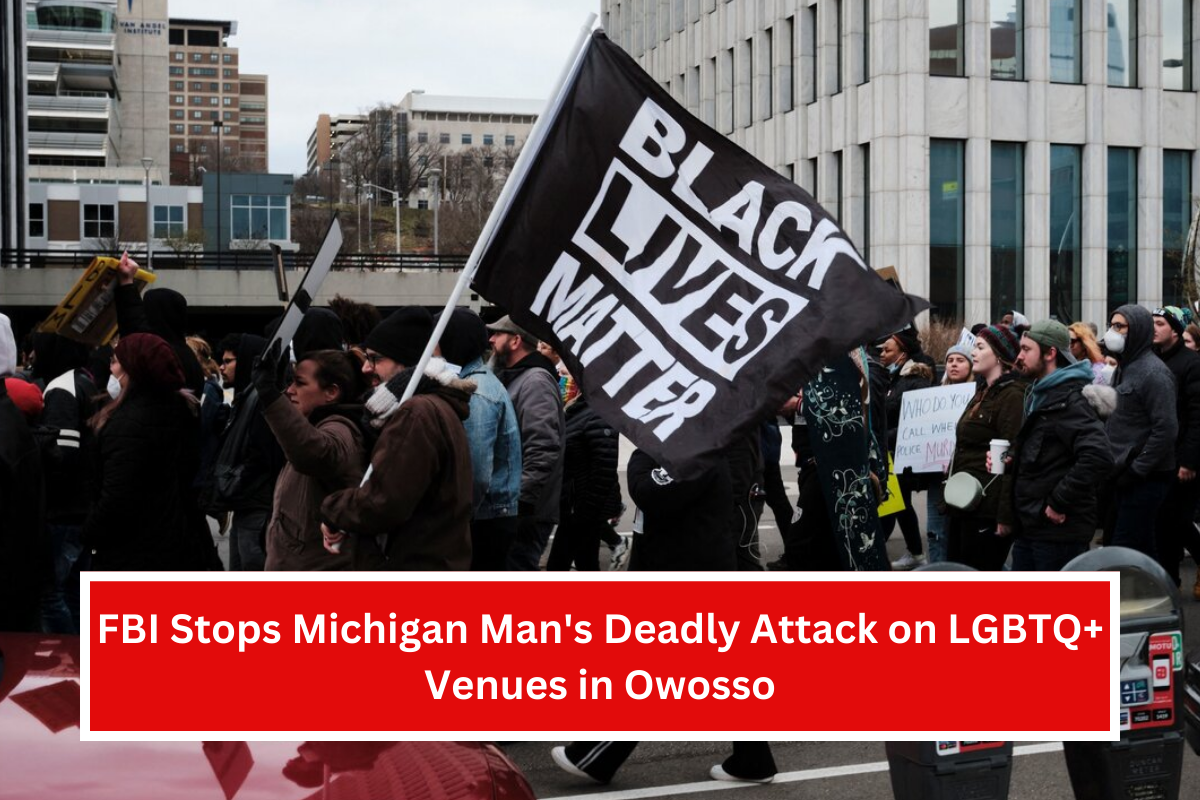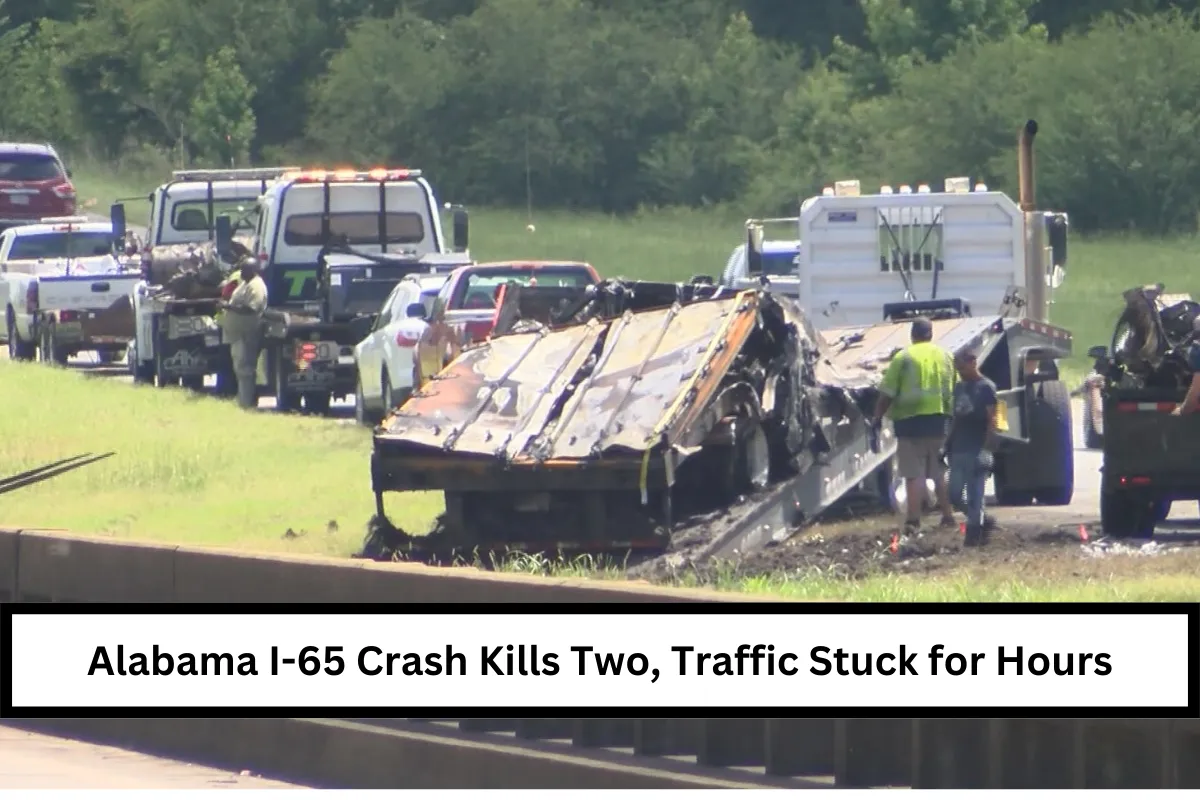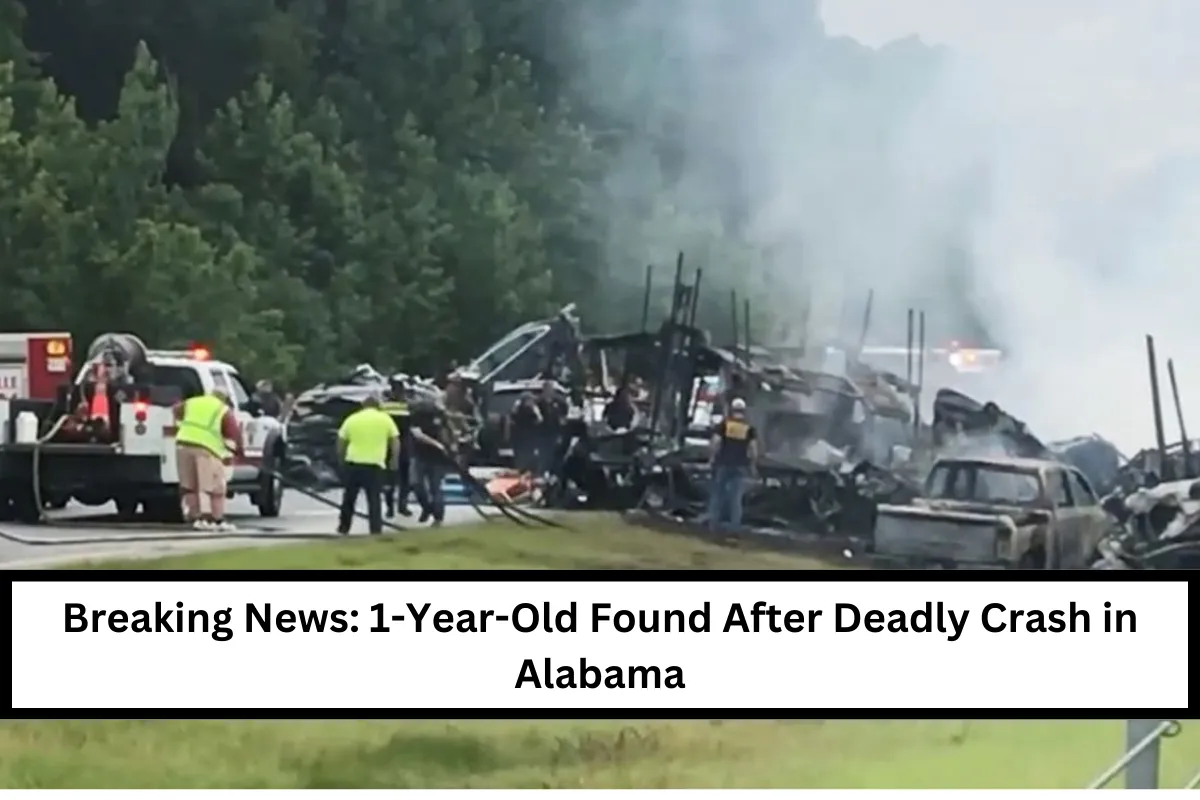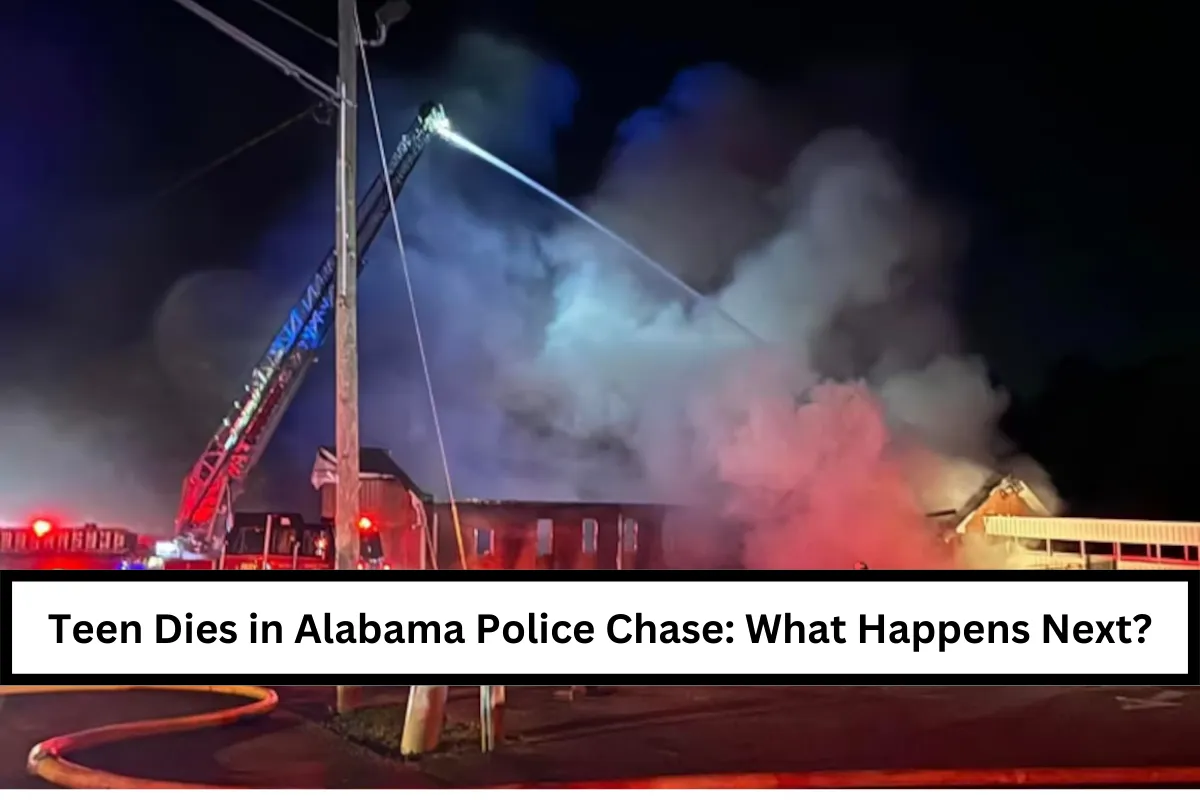When Hurricane Helene struck Western North Carolina five months ago, it changed the lives of thousands in Appalachia. This Christmas, I visited my home community near the North Carolina-Tennessee border and saw firsthand the strength and unity of the people there.
During my trip, I joined a local church in delivering supplies and gifts to families. One family’s story stood out—a multigenerational household of six living in a small trailer after losing their home. Their situation, though heartbreaking, is not unique in the small mountain towns of Southern Appalachia.
How Appalachia is Fighting Back
The people of Western North Carolina have come together like never before. Here’s how:
- Communities Helping Communities: Local businesses, nonprofits, and churches are stepping up, providing essentials like clothes, blankets, and baby formula.
- Private Efforts Making a Difference: Elon Musk, with help from NASCAR driver Greg Biffle and the Cajun Navy, delivered Starlink routers, reconnecting remote areas.
- Unwavering Support: Volunteers are delivering meals, cleaning debris, and helping families rebuild their lives.
Challenges in the Recovery Effort
Despite the strength of the community, there are significant obstacles:
- Delayed Federal Aid: FEMA has been slow in approving applications for trailers, leaving many families in tents during freezing temperatures.
- Political Gridlock: Partisan politics in Washington and Raleigh have slowed disaster relief efforts.
- Insurance and Economic Struggles: Redefined flood zones and insufficient federal funding are making it harder for families to recover.
The Call for Action
Western North Carolina urgently needs:
- Affordable Housing and Infrastructure: To rebuild homes and boost the local economy.
- Efficient Disaster Relief: Quick and fair distribution of aid to help families rebuild.
- Community Support: Local leaders must hold federal agencies accountable for their slow response.
Winter has arrived, with temperatures plunging below freezing. Churches and nonprofits are filling the gaps, but government support is essential for long-term recovery.
FAQs
1. How did Hurricane Helene impact Appalachia?
The hurricane caused widespread destruction, leaving many families homeless and businesses devastated.
2. What is the government’s role in disaster relief?
FEMA and other federal agencies are responsible for providing financial and housing assistance, but delays have hindered recovery efforts.
3. How is the community supporting itself?
Local groups, churches, and private citizens have been delivering food, supplies, and support to those in need.
4. What are the main challenges for recovery?
Political delays, lack of affordable housing, and slow federal aid are the biggest hurdles.
5. How can people help?
Donating to local nonprofits and advocating for faster disaster relief are great ways to support Appalachia.
